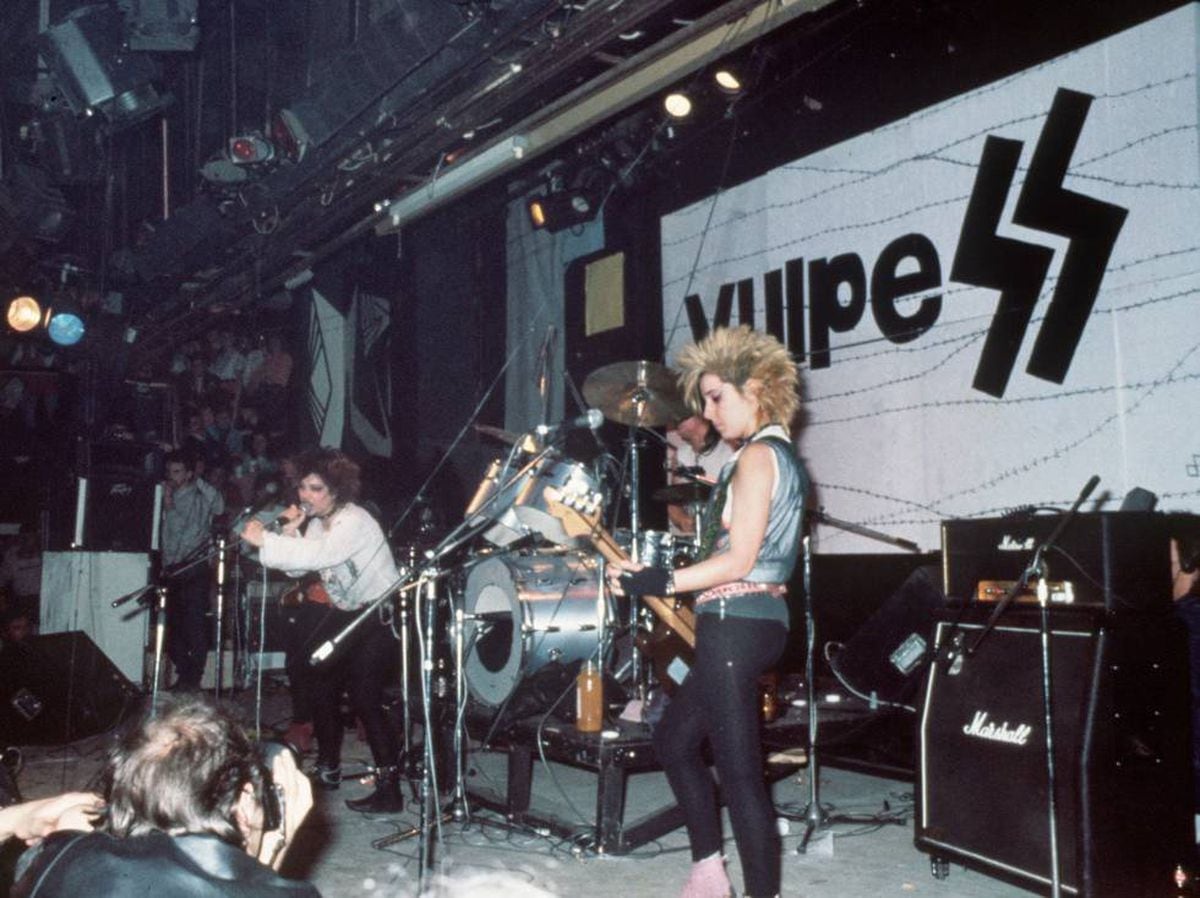"What the hell is Spain?"
This is the question that Iñaki Gabilondo (San Sebastián, 80 years old) tries to answer in his latest television project, an hour and eleven minute documentary that premieres tonight on Movistar Plus +.
To do this, he interviews various Spanish personalities from very different fields, such as the historian and politician Cayetana Álvarez de Toledo, the philosopher and activist Elizabeth Duval or the astronaut and former Minister of Science Pedro Duque, among others, to obtain answers through calm dialogue. and reflection.
After having said goodbye to the radio more than a year ago, the journalist from SER and from the news programs of television channel Cuatro bids farewell to the audiovisual medium with this space, a footage that he presented this morning at the Cineteca del Matadero in Madrid .
More information
Iñaki Gabilondo, 80 years well spent
For the journalist, the documentary is a goodbye without acrimony: “I wanted the last thing I did to have no vinegar.
I have not hidden from anyone that, in the last years of my career, I was moving towards skepticism at great speed.
For some time I thought that was old wisdom.
Then I discovered that it was fatigue and that many times we old people get very stupendous calling what is simply fatigue wisdom.
So I decided to end something that I have done all my life, which is to ask and talk serenely about our country away from political anger.
Gabilondo has deplored that Spain is a subject of continuous tension and that its inhabitants spend all their energy confronting each other: “We are too busy discussing without dialoguing.
When we hear a voice that disagrees, we say that they disagree with us, because we assume that someone who does not share our point of view can only be an idiot or someone with ill will.
We have lost so many historical opportunities by fighting.
Otto von Bismarck already said: 'Spain is the strongest country in the world, because it has been wanting to kill itself for two centuries and has not succeeded.
If one day he stopped tripping, he would move forward."
Instead of thinking about what the Spaniards are, or what they have been, he explained, it would be better to think about what they can do to build something together: “Spain is a country of ancestors, which does not close any of its historical episodes .
The other countries have fights that they resolve better or worse and move on.
We do not know if we are proud or ashamed of the American adventure or of the Islamic past of Al-Andalus”.
For this reason, the journalist has come to the conclusion that there could never be a consensus for something as ornamental as putting lyrics to the Spanish anthem.
"I don't care that we don't have lyrics, but it does matter that I can't have them," he clarified.
“With chef José Andrés we deduced that the only thing that unites us all is food, so I wrote a version of the Spanish anthem with regional dishes.”
This gastronomic version, which he sang for the first time yesterday on
La Resistencia
, David Broncano's program, has spread through social networks.
In it, Gabilondo lists typical dishes of Spanish cuisine to the rhythm of the patriotic chant.
“Grelos, gazpacho, potato omelette without onion or with, and a plate of ham”, he has sung again in the presentation of the documentary.
Iñaki Gabilondo, the only one who has been able to put lyrics to the Spanish anthem without causing controversy.
🇪🇸🥘 I get excited.
🇺🇸 pic.twitter.com/a951p8RHYi
– The Resistance by M+ (@LaResistencia) October 31, 2022
When the moderator of the event asked him why this is his final goodbye, Gabilondo responded with an analogy: "An acquaintance of mine found out that the Queen of England - who was already over 90 years old - had died and asked me : 'And what did he die of?'
I just turned the chilling age of 80.
I think she needs no further explanation.”
Throughout the documentary, two red folding chairs are repeated in all the interviews.
They appear in the midst of scenes as different as a stately palace, a bar, a soccer field surrounded by balls or a street with graffiti.
The idea, from Cristina Nieto, the deputy director of the footage, arose to give the documentary aesthetic continuity.
Alfonso Martínez Cabanillas, the head of the Cañas Brothers production company that participated in the project with Movistar, added that the two chairs visually simulate a parenthesis, that of calm conversation, away from all noise.
The chairs, as vertical barriers of conflict and polarization, are planted as symbols of harmony, as elements in a conversation between the residents of a town who go out to talk and take in the fresh air.
You can follow EL PAÍS TELEVISIÓN on
or sign up here to receive
our weekly newsletter
.


/cloudfront-eu-central-1.images.arcpublishing.com/prisa/ECAMEAK4TFAENML5BZ5EFQG7KQ.jpg)
/cloudfront-eu-central-1.images.arcpublishing.com/prisa/C34XDKYTQNEWXN2YWLPBQBPCYI.jpg)





